Bio vs. Non-Bio Detergents: Understanding the Basics

In the world of laundry, choosing the right detergent can make a significant difference in the cleanliness and longevity of your clothes. Among the many options available, bio and non-bio detergents stand out as two of the most popular choices. Understanding the basics of these laundry detergents, their key ingredients, and the benefits and drawbacks of each type can help you make an informed decision for your laundry needs. You can order your preferred laundry detergent on a subscription basis from My Care+ Protect.
What Are Bio and Non-Bio Detergents?
Bio detergents contain enzymes that help break down common stains such as food, sweat, and grease. These enzymes are biological catalysts that speed up the chemical reactions needed to remove stains at lower temperatures. Bio detergents are known for their powerful cleaning capabilities and efficiency in removing tough stains.
Non-bio detergents, on the other hand, do not contain enzymes. Instead, they rely on a combination of surfactants, bleaches, and other cleaning agents to remove stains. Non-bio detergents are often recommended for people with sensitive skin or allergies, as they are less likely to cause irritation.
Key Ingredients and Their Functions
Bio Detergents:
- Enzymes: These proteins target specific stains, breaking them down into smaller, more easily removed molecules.
- Surfactants: These help lift dirt and stains from fabrics, allowing them to be washed away.
- Bleaches: These agents help to whiten clothes and remove coloured stains.
- Builders: These soften the water, enhancing the efficiency of the surfactants.
Non-Bio Detergents:
- Surfactants: Similar to bio detergents, surfactants in non-bio detergents help remove dirt and stains.
- Bleaches: Used to whiten fabrics and remove stains.
- Builders: These agents soften the water to improve cleaning performance.
- Fragrances and Softeners: Added to leave clothes smelling fresh and feeling soft without the need for enzymes.
Benefits and Drawbacks of Each Type
Bio Detergents:
- Benefits:
- Superior stain removal: Enzymes effectively break down a variety of stains, making bio detergents ideal for heavily soiled clothing.
- Efficient at lower temperatures: The enzymatic action works well in cold water, saving energy.
- Drawbacks:
- Potential skin irritation: The enzymes in bio detergents can cause irritation for people with sensitive skin or allergies.
- Not suitable for all fabrics: Some delicate fabrics may be damaged by the enzymes.
Non-Bio Detergents:
- Benefits:
- Gentle on skin: Without enzymes, non-bio detergents are less likely to cause skin irritation, making them suitable for babies and people with sensitive skin.
- Safe for all fabrics: Non-bio detergents are generally safe to use on all types of fabrics, including delicates.
- Drawbacks:
- Less effective on stains: Non-bio detergents may not be as powerful in removing tough stains compared to their bio counterparts.
- May require higher temperatures: Without enzymes, non-bio detergents might need higher washing temperatures to achieve the same level of cleanliness.
Choosing between bio and non-bio detergents ultimately depends on your specific laundry needs and personal preferences. If stain removal and energy efficiency are your top priorities, bio detergents may be the best choice. However, if you have sensitive skin or delicate fabrics to care for, non-bio detergents might be more suitable.
For a convenient and effective laundry routine, consider exploring detergent subscriptions from MyCarePlus Protect. With a range of bio and non-bio options available, you can ensure your laundry is always clean, fresh, and gentle on your skin.

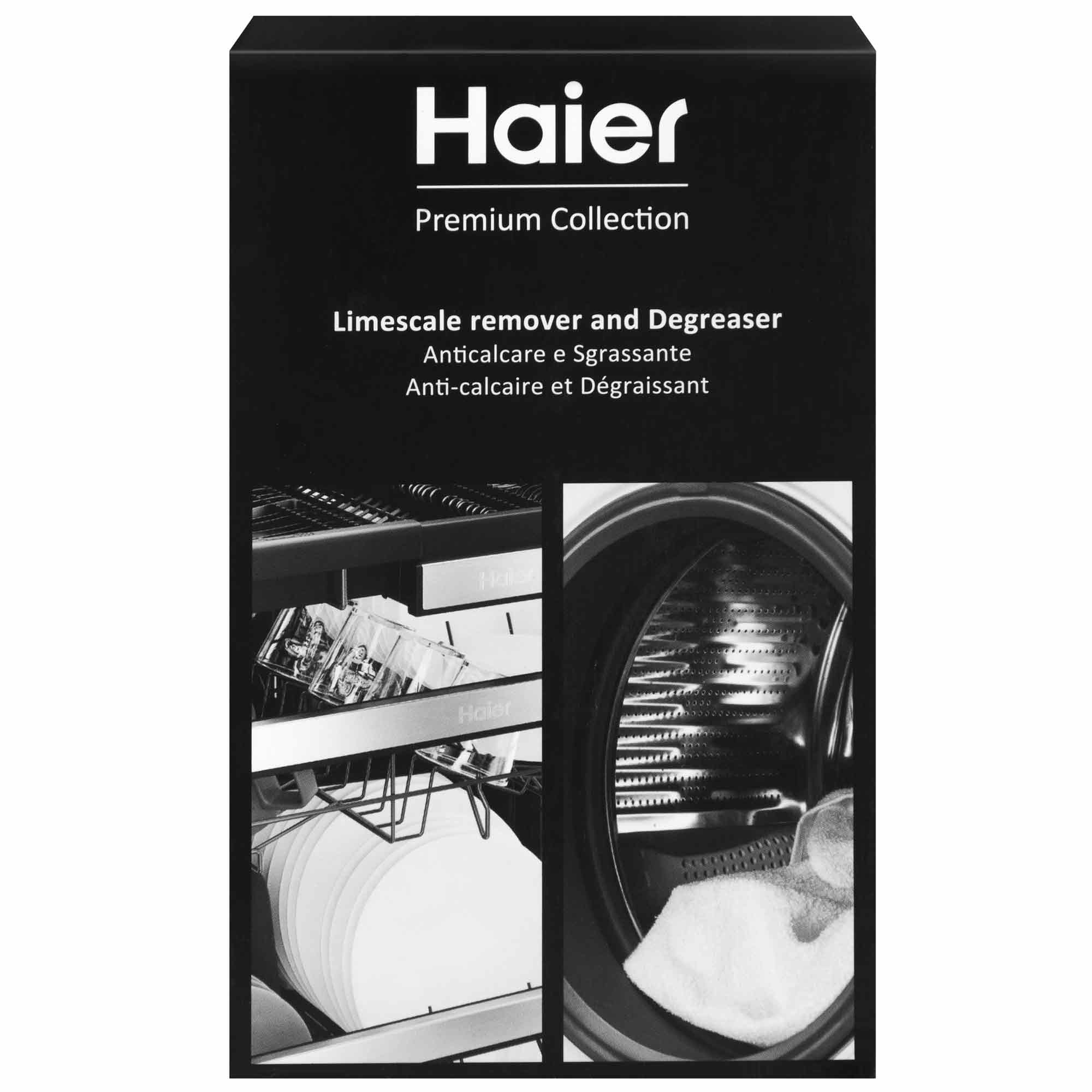

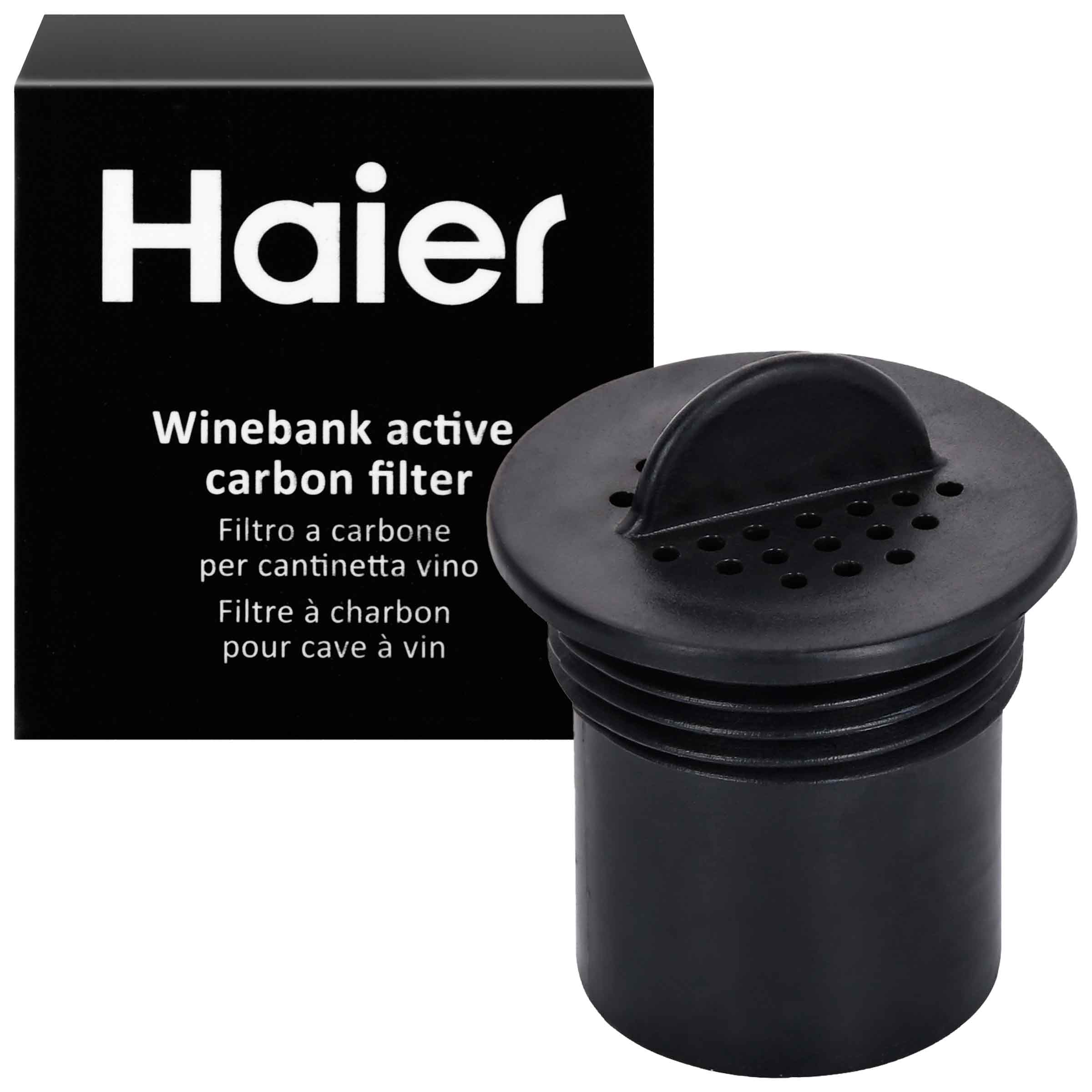

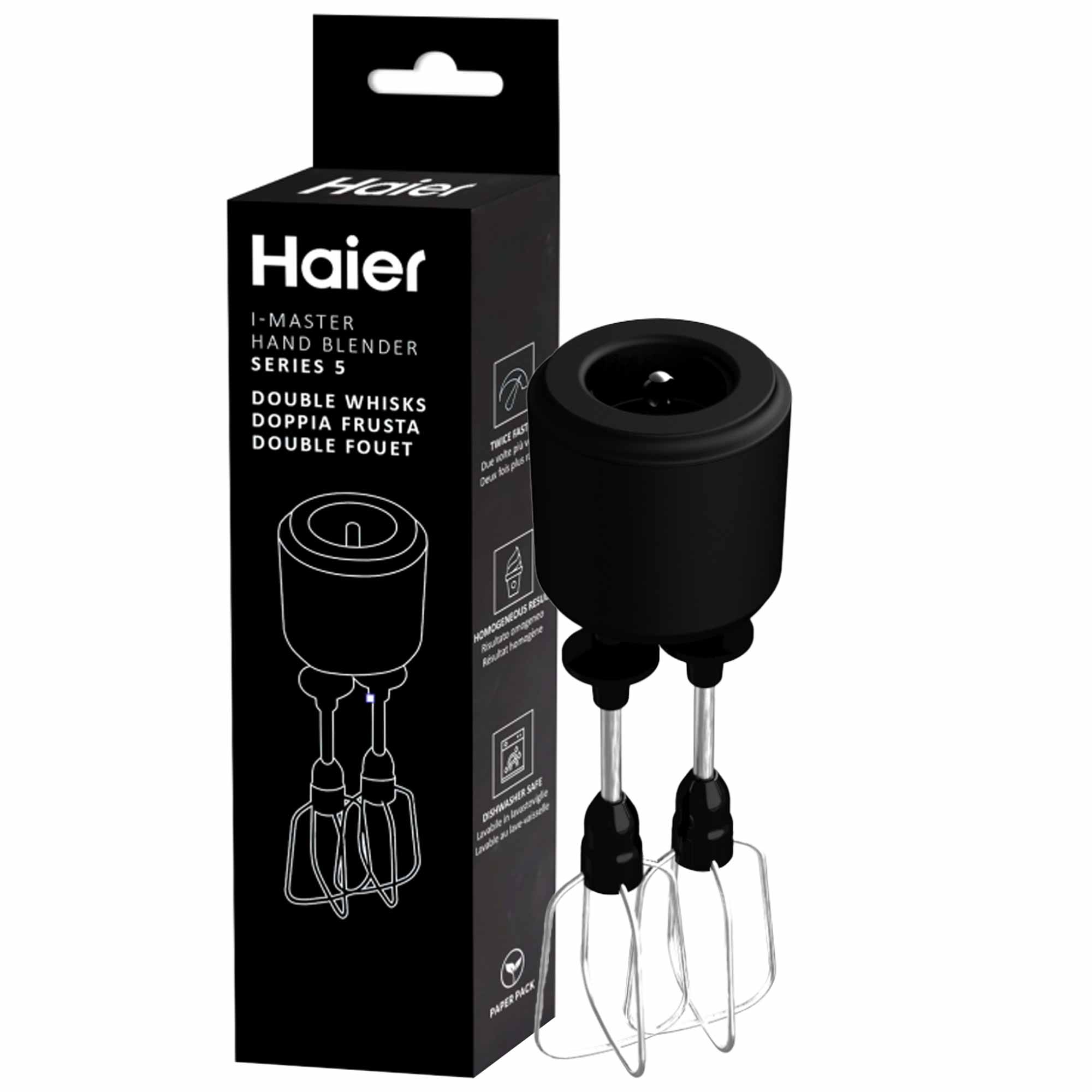

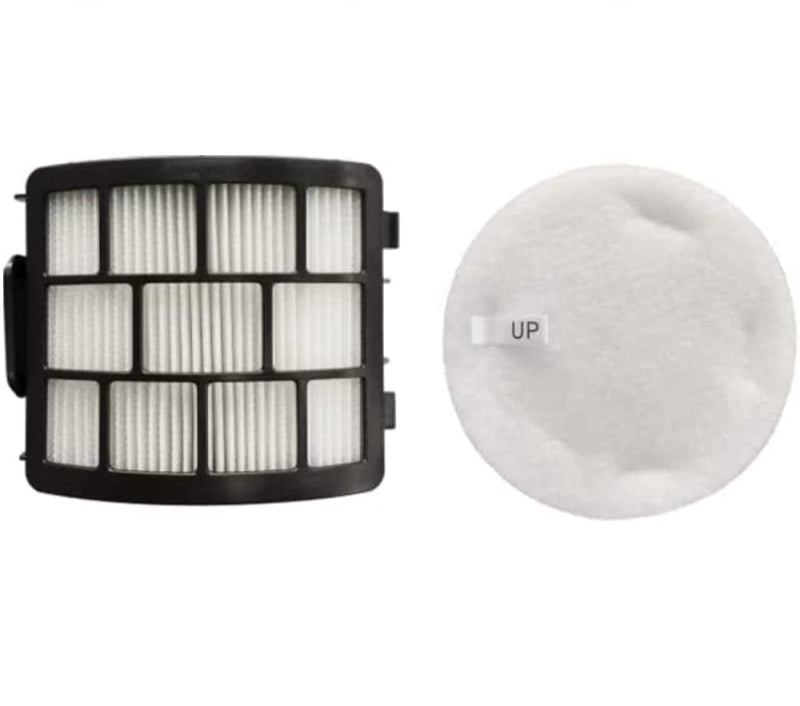
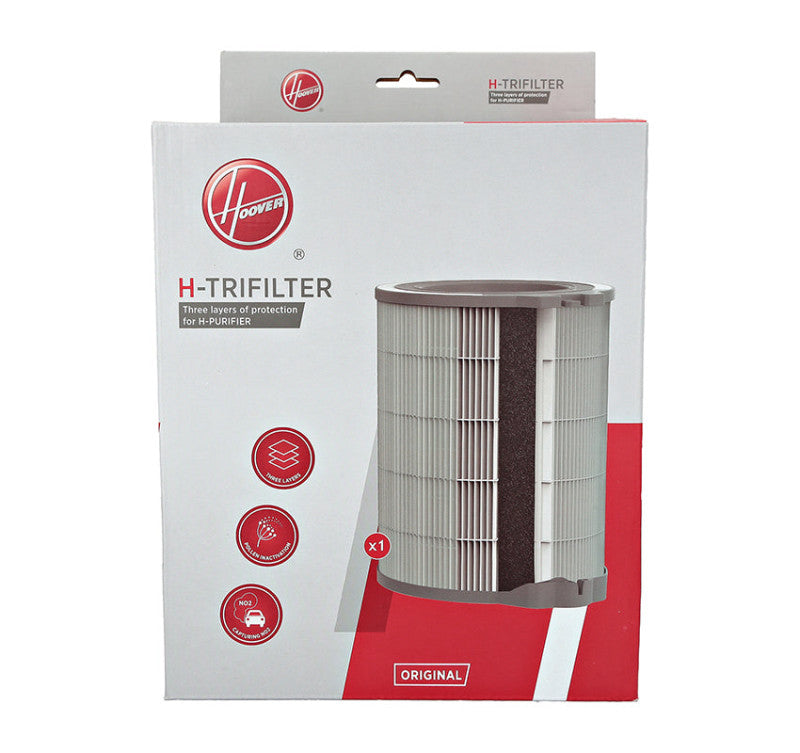


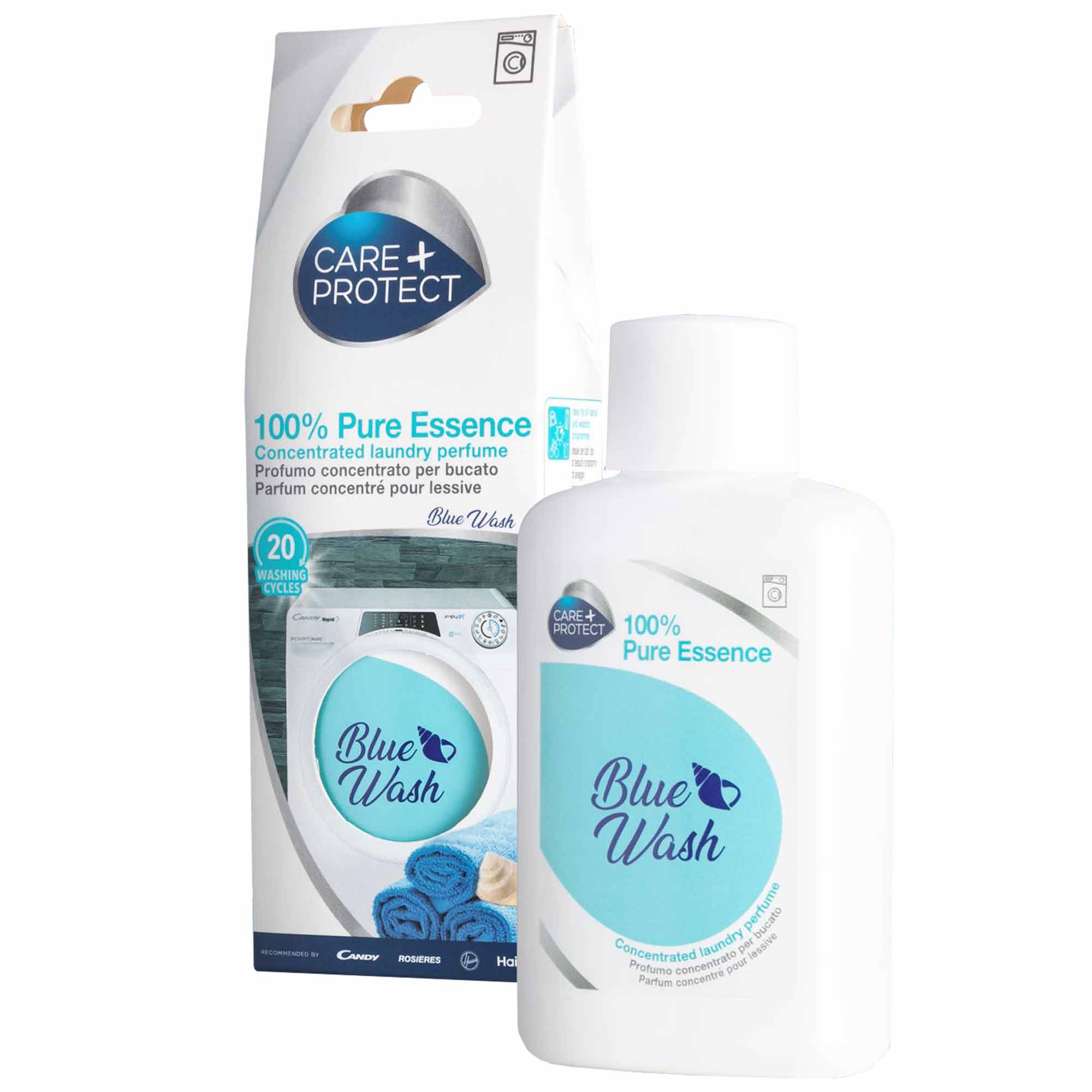
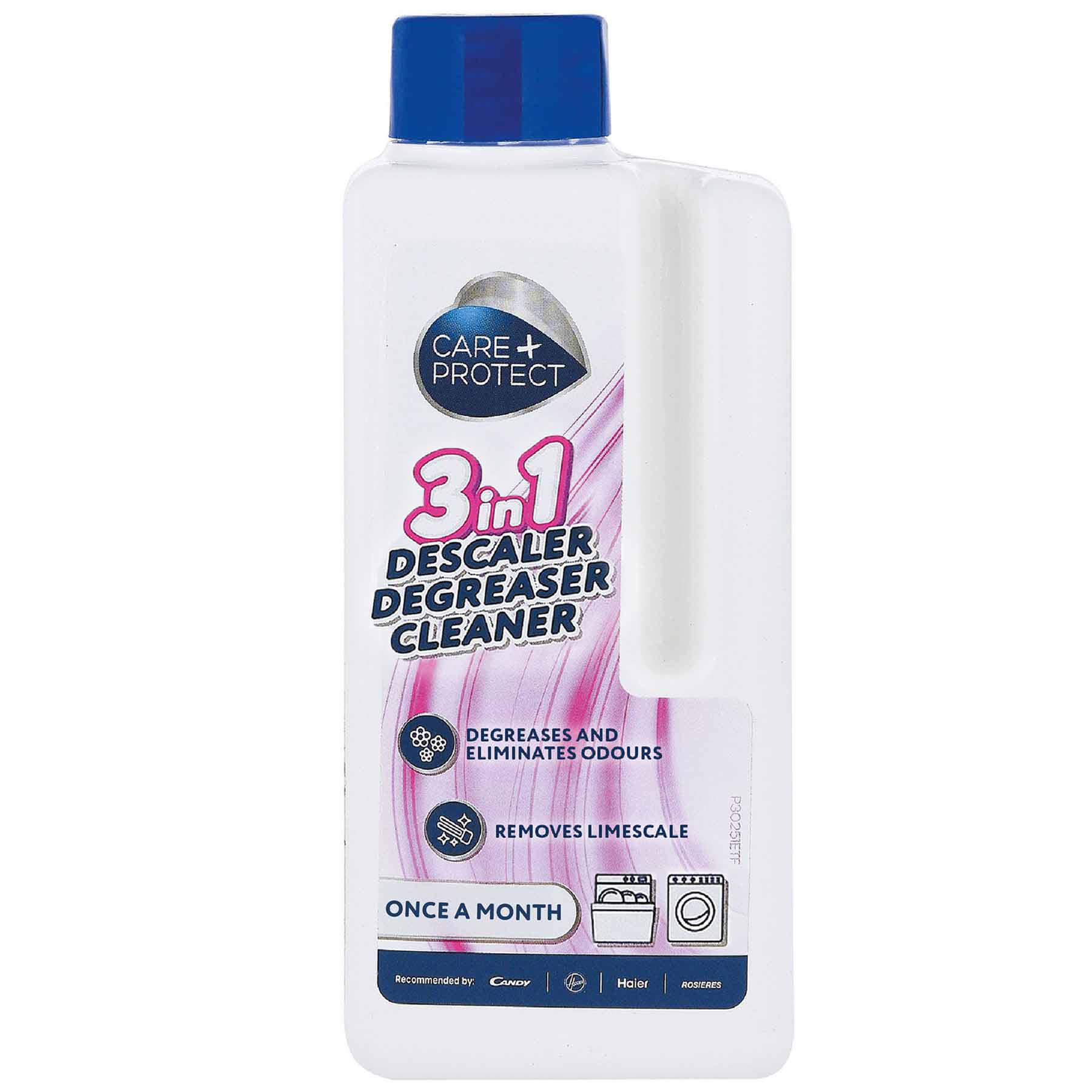
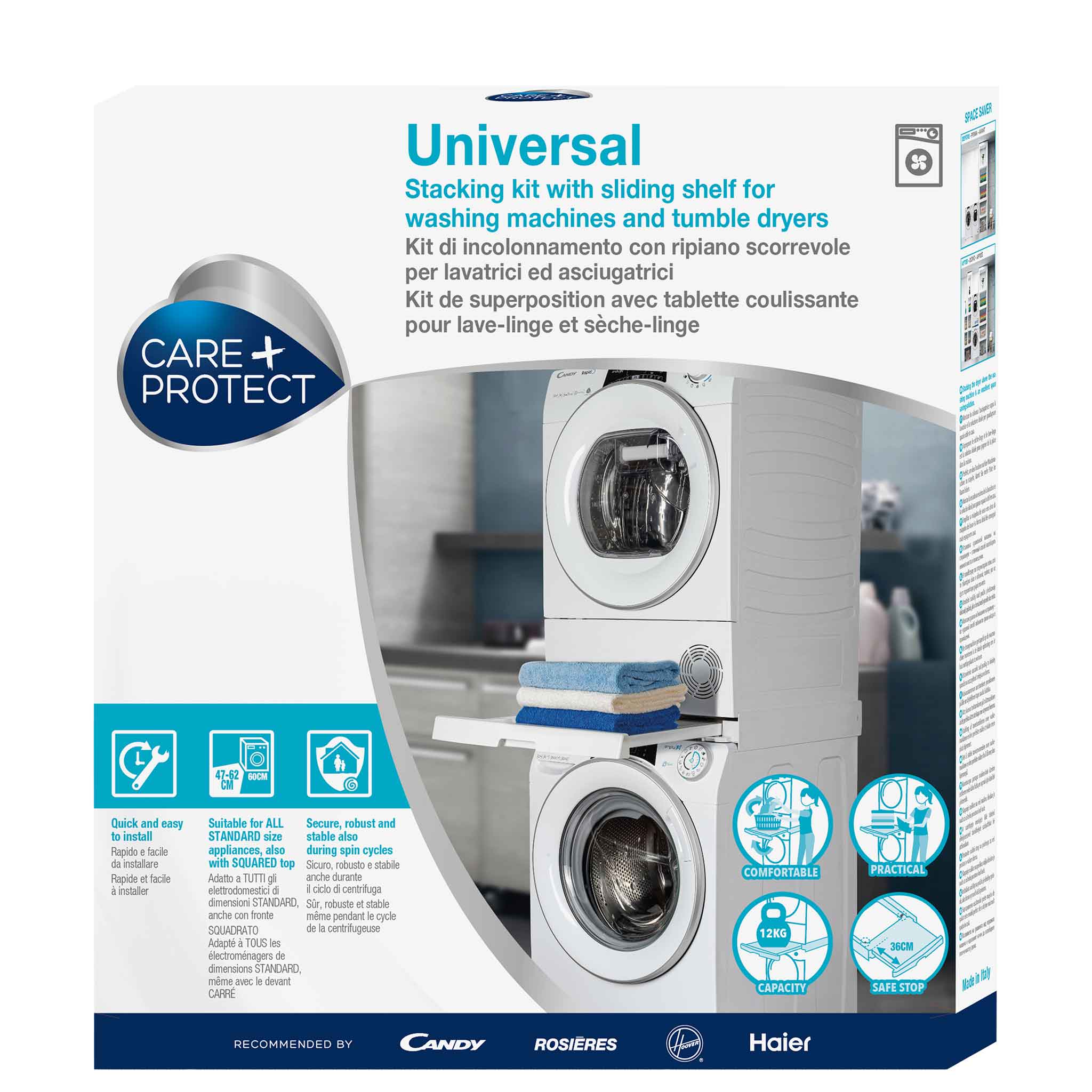
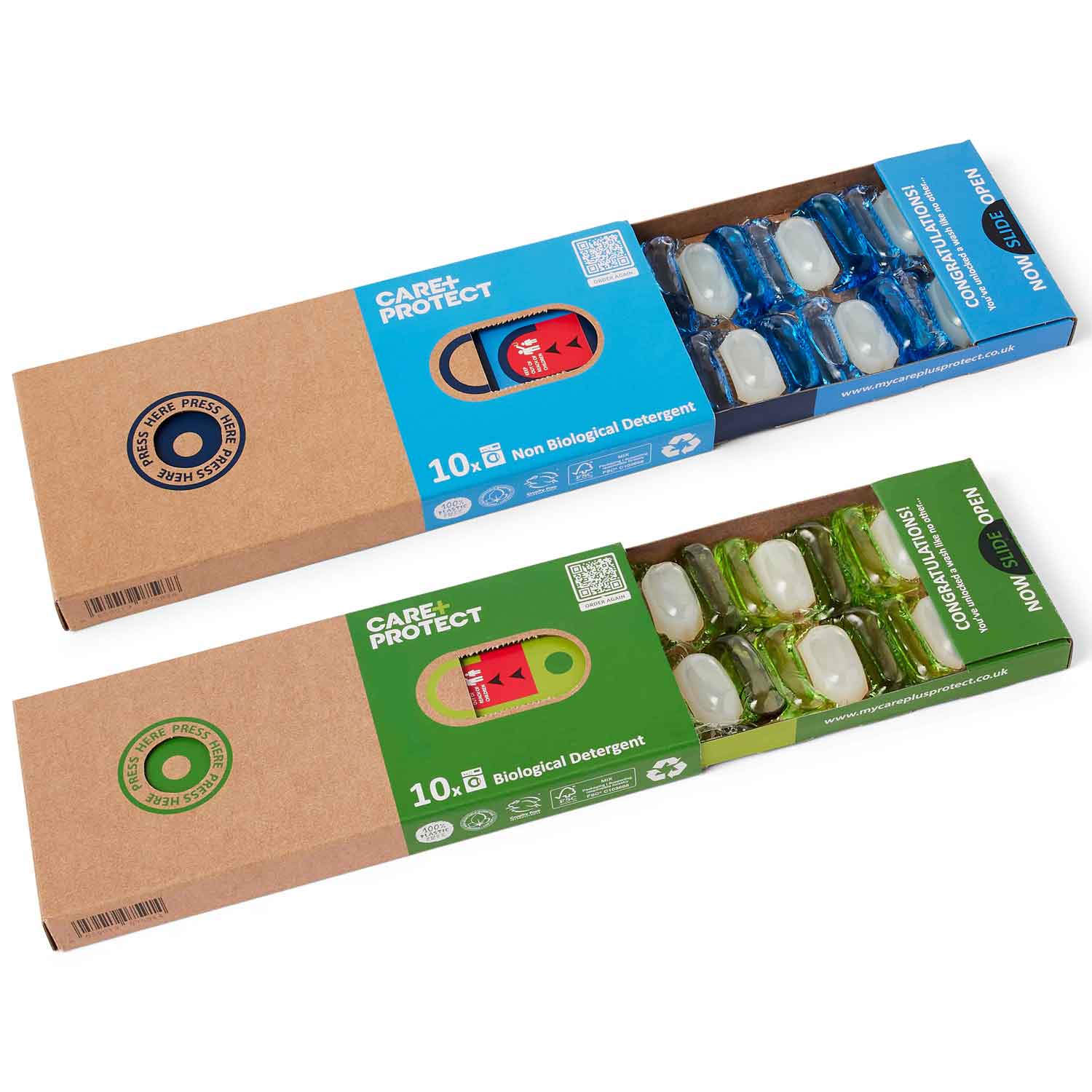
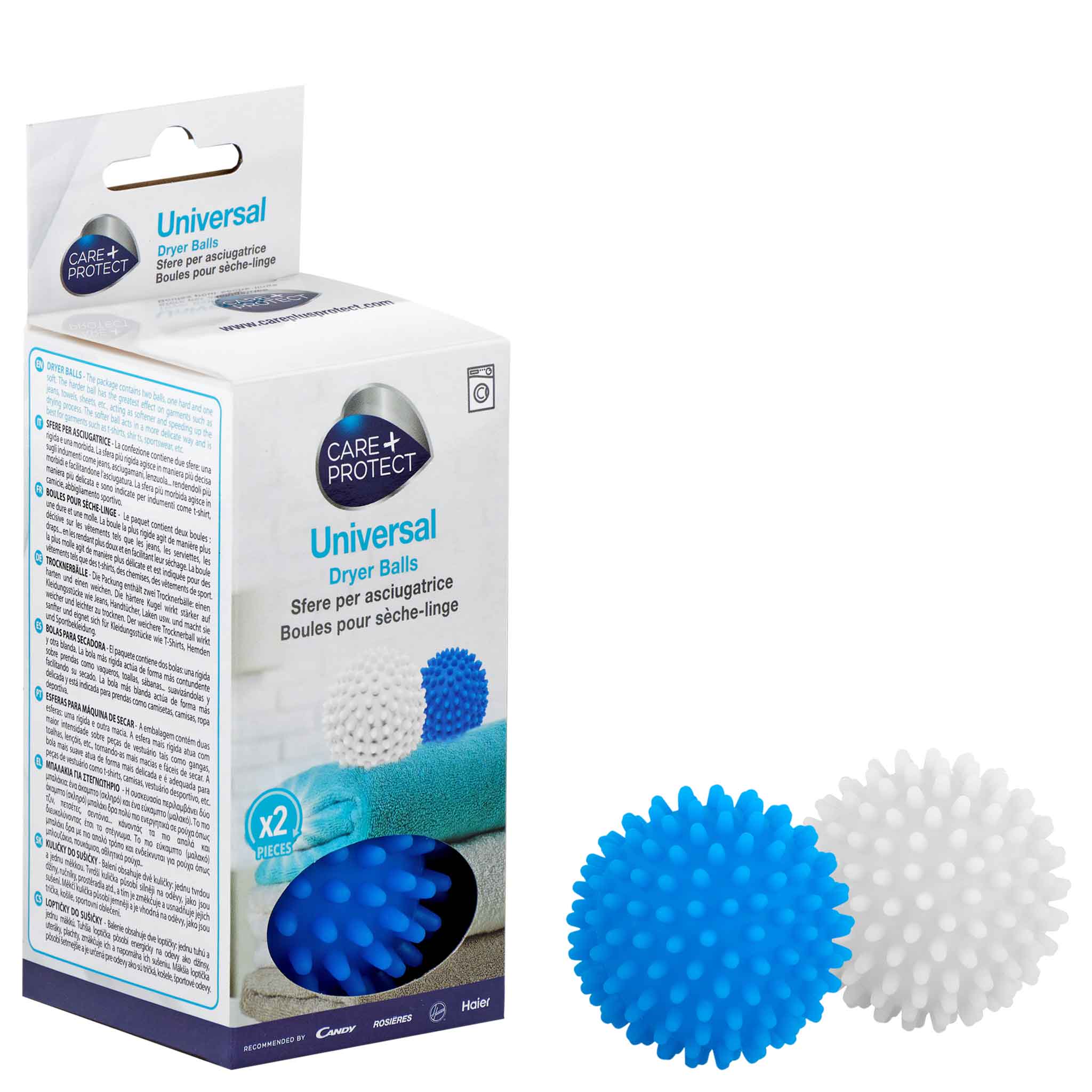
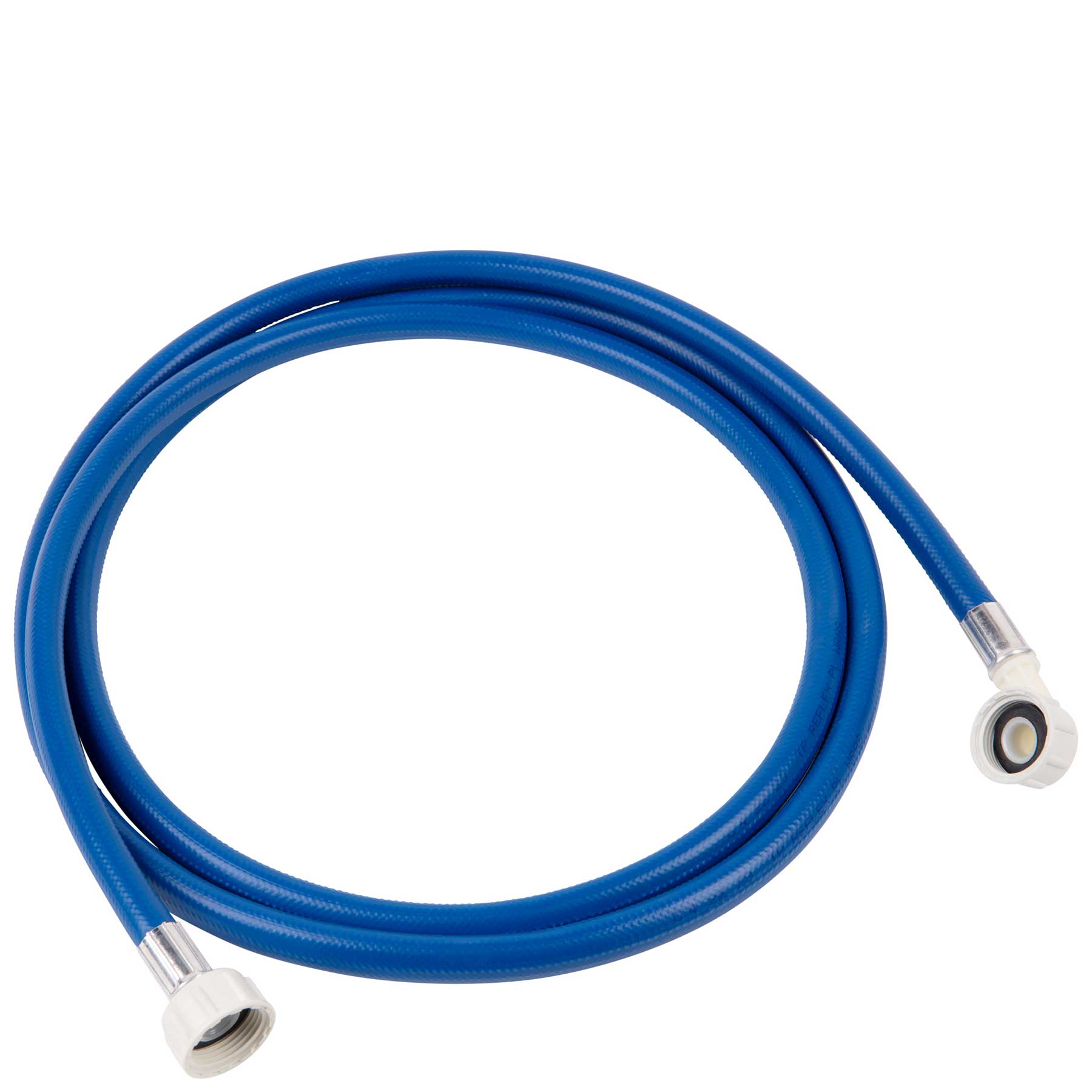
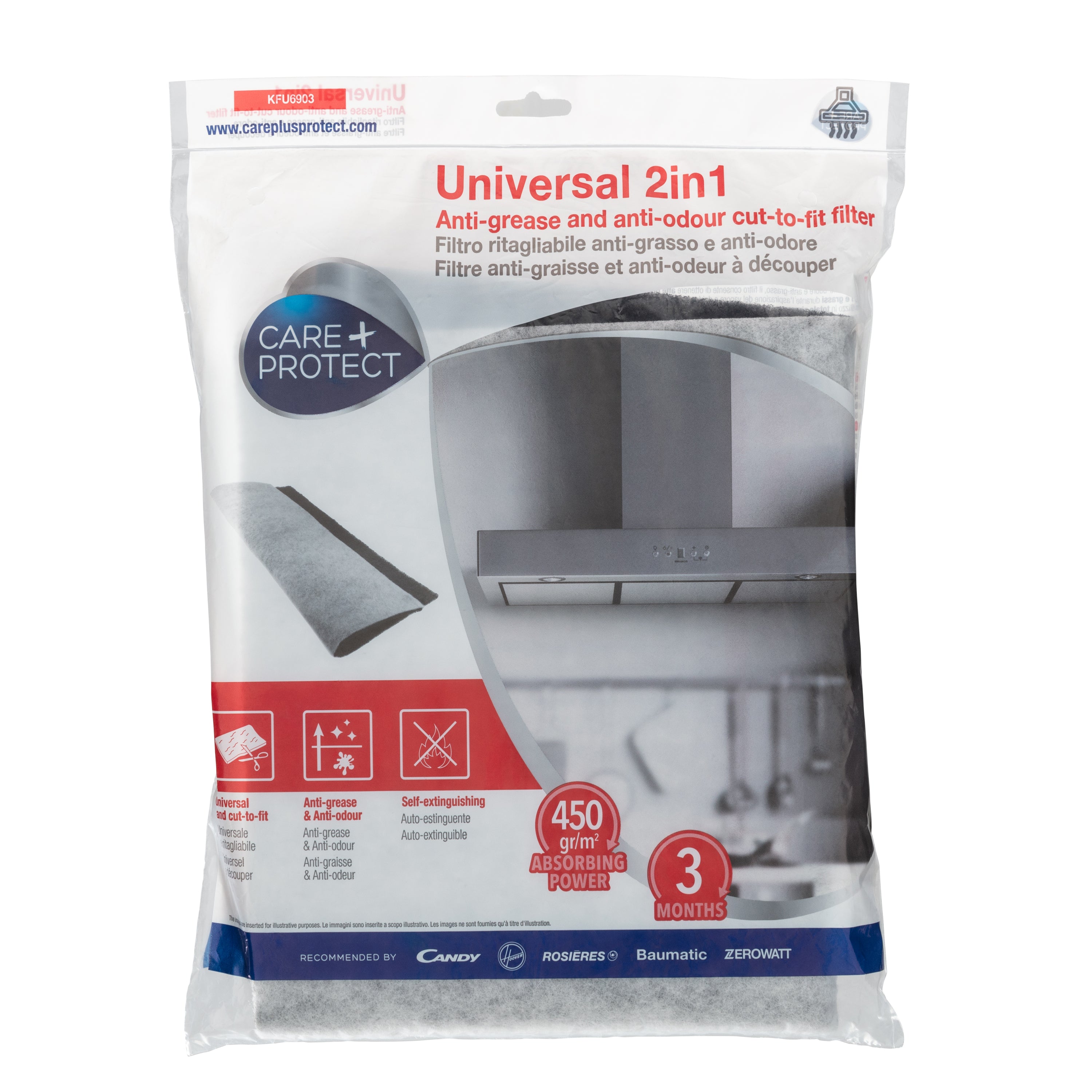
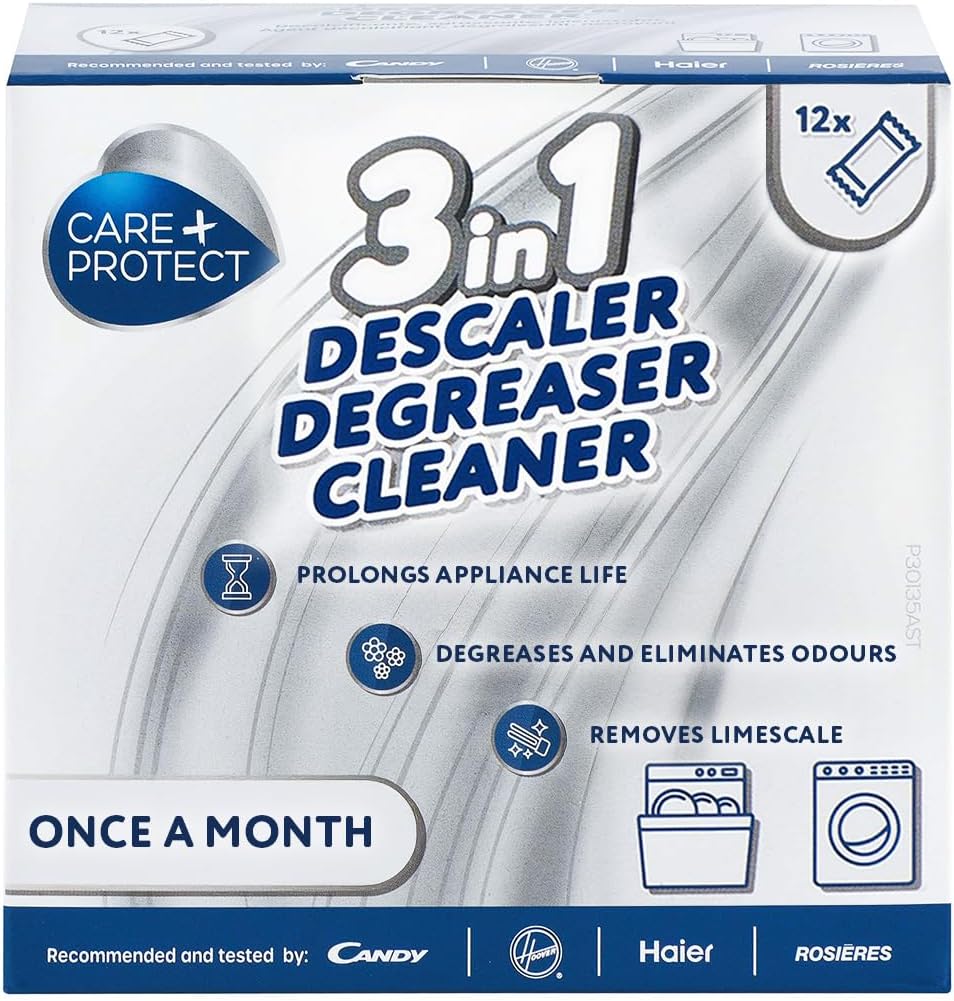
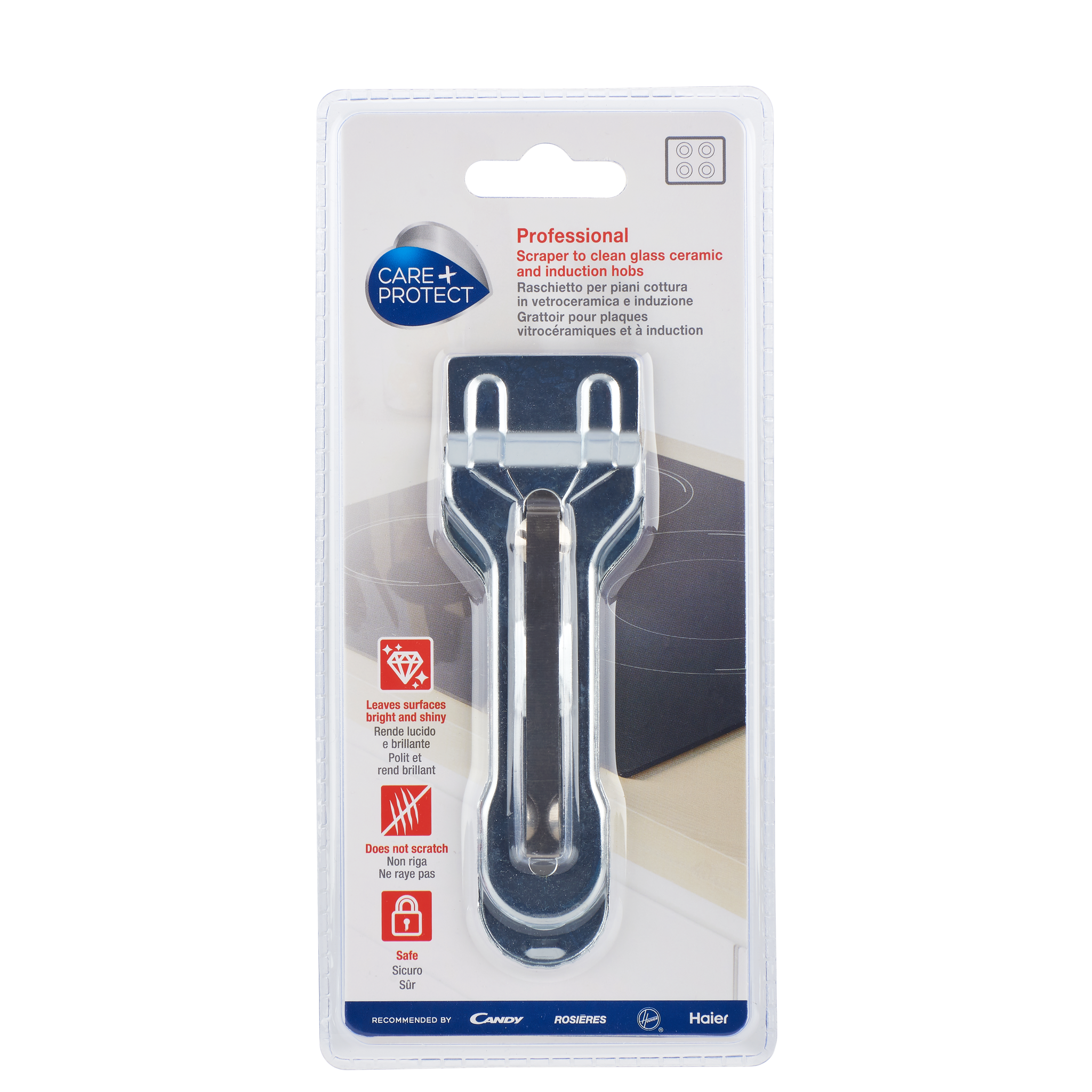
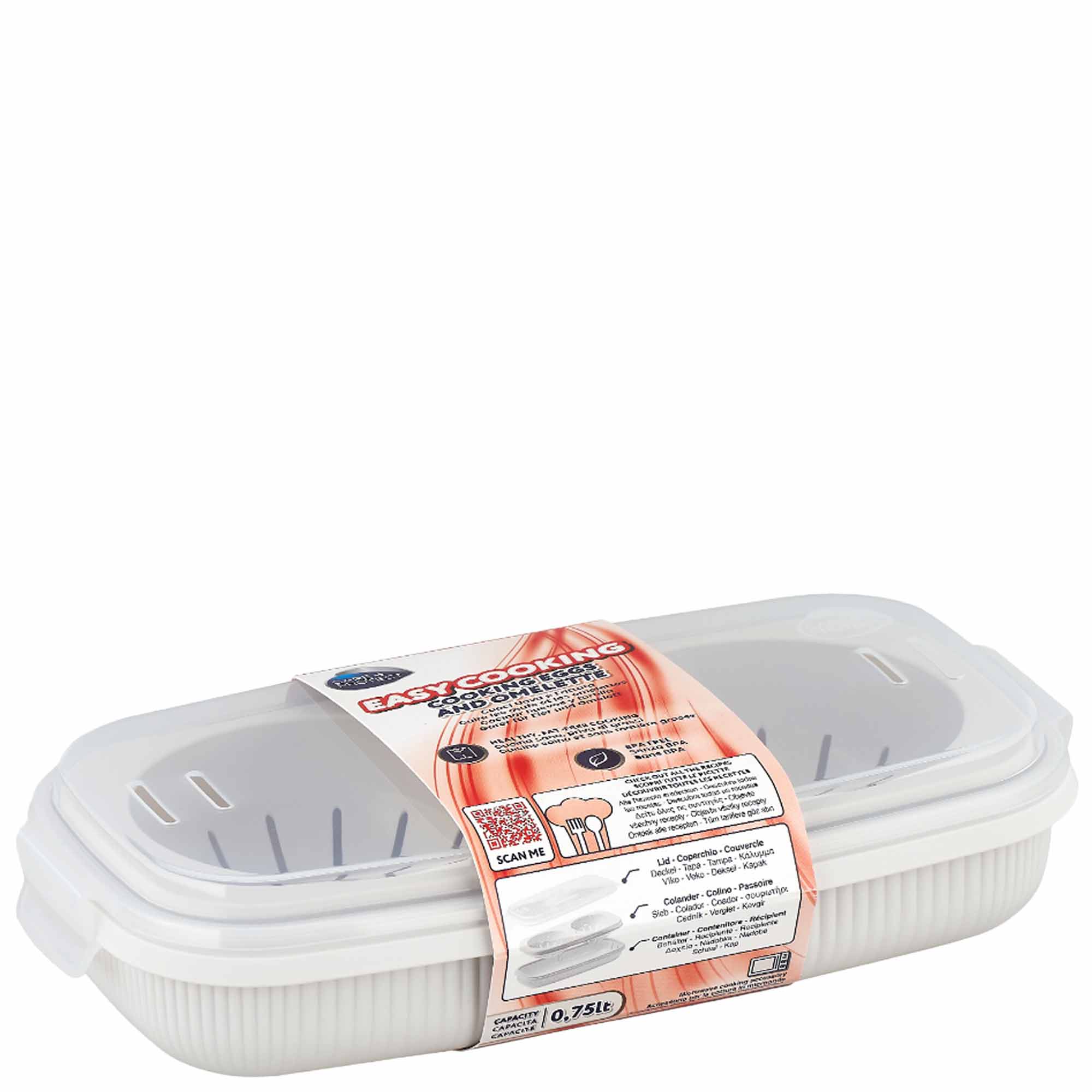

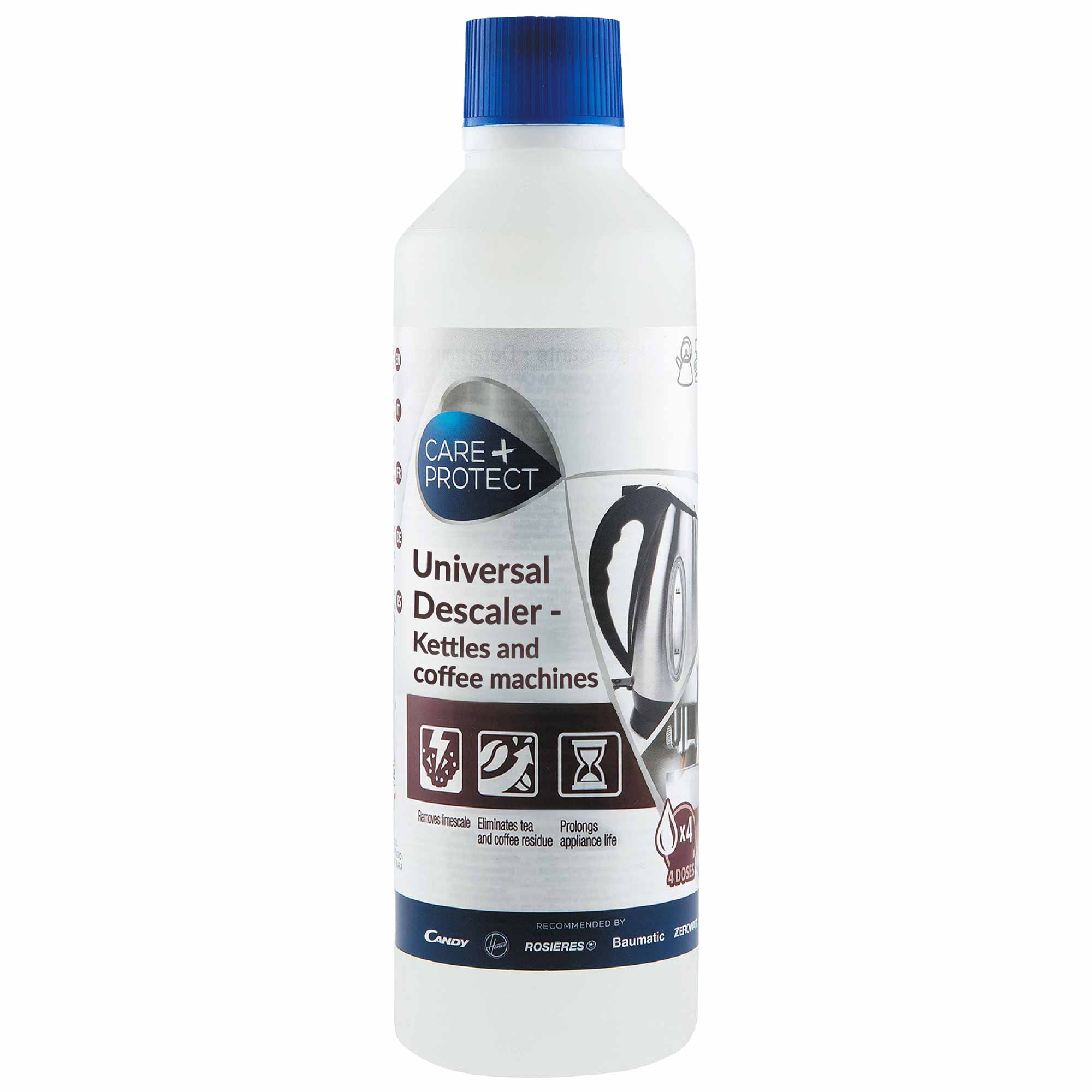
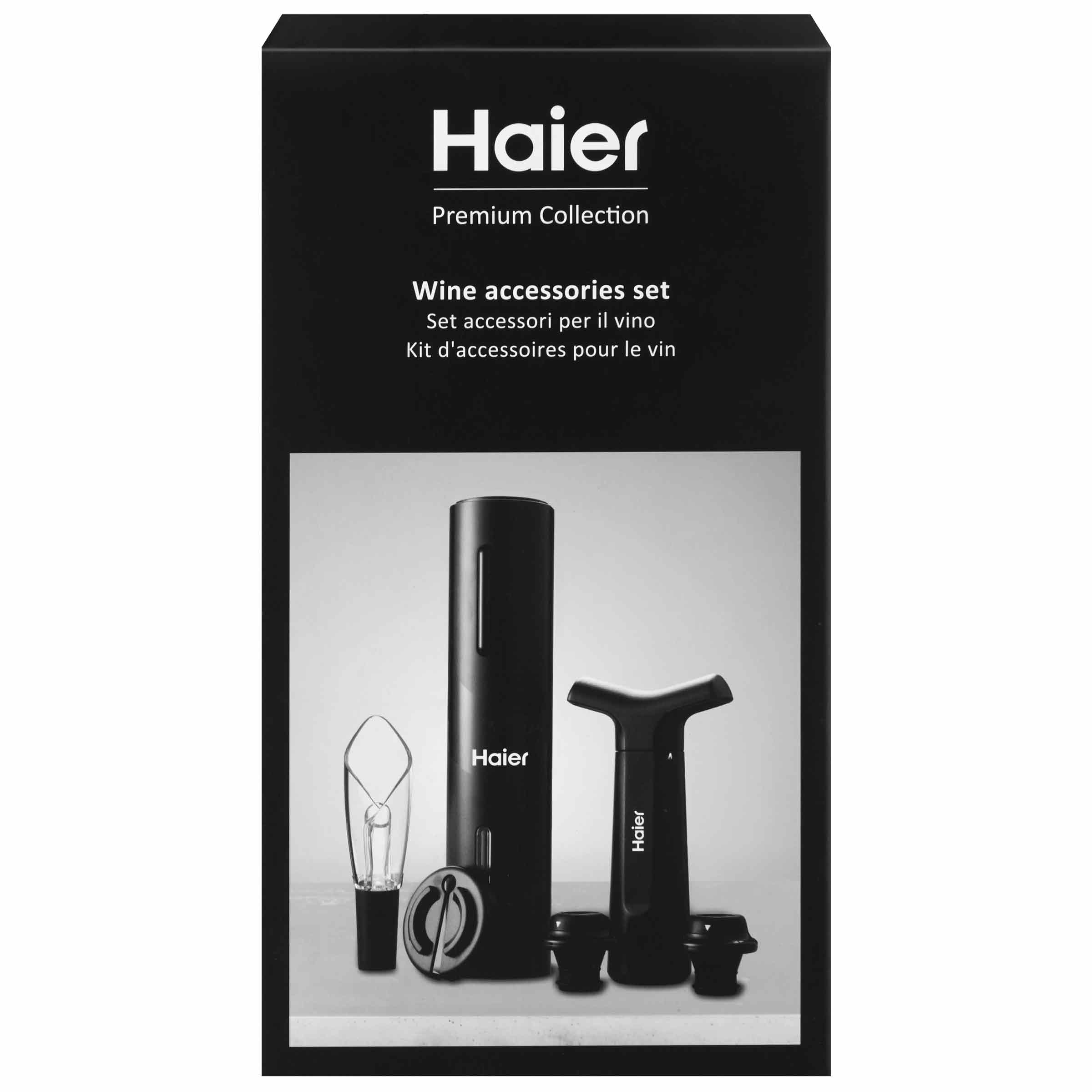
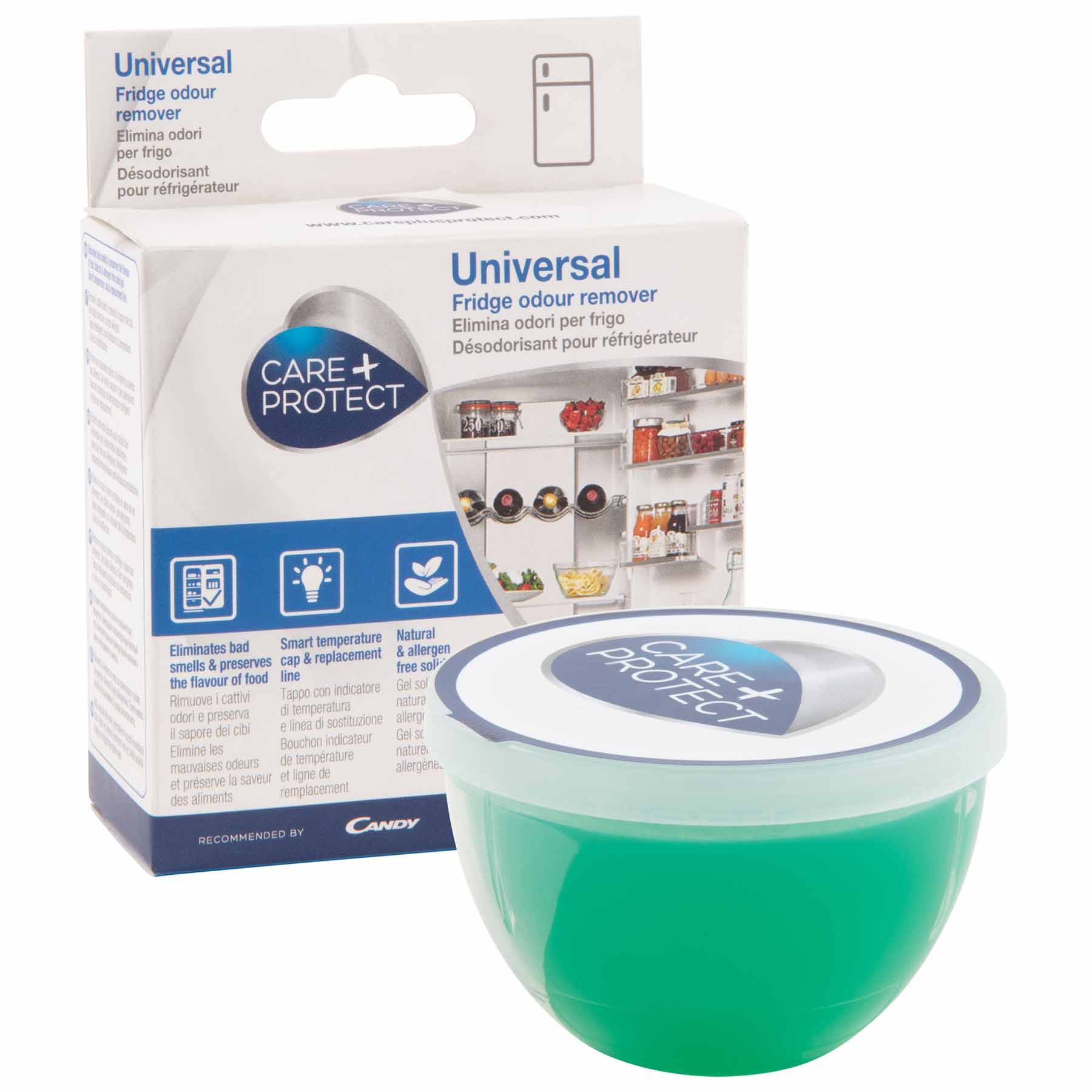
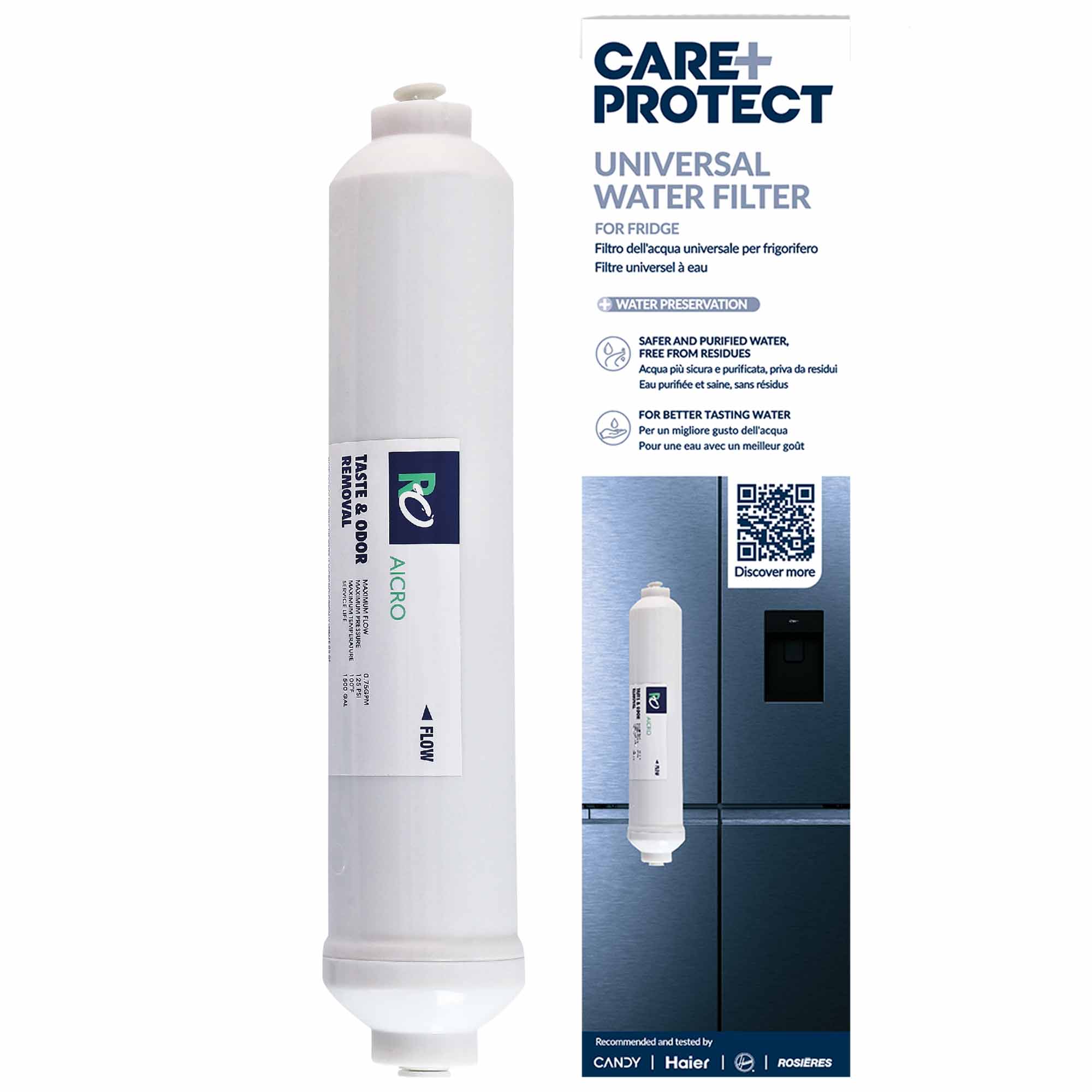
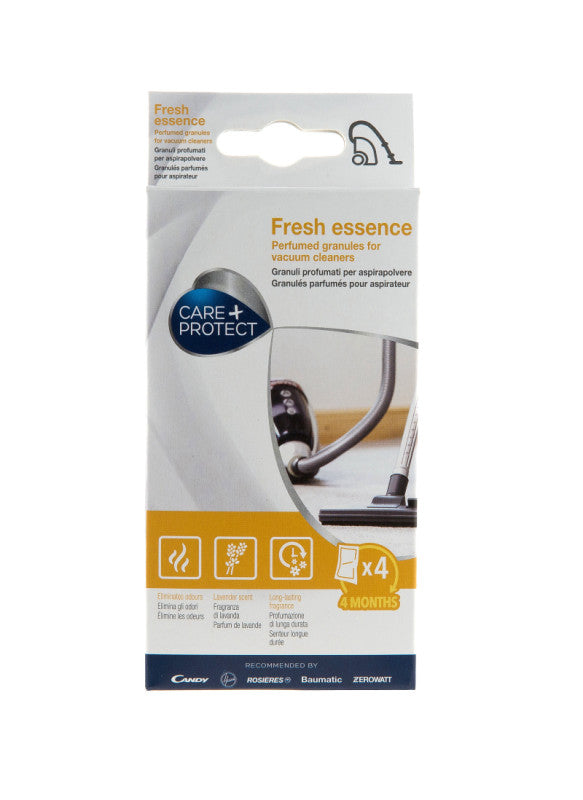
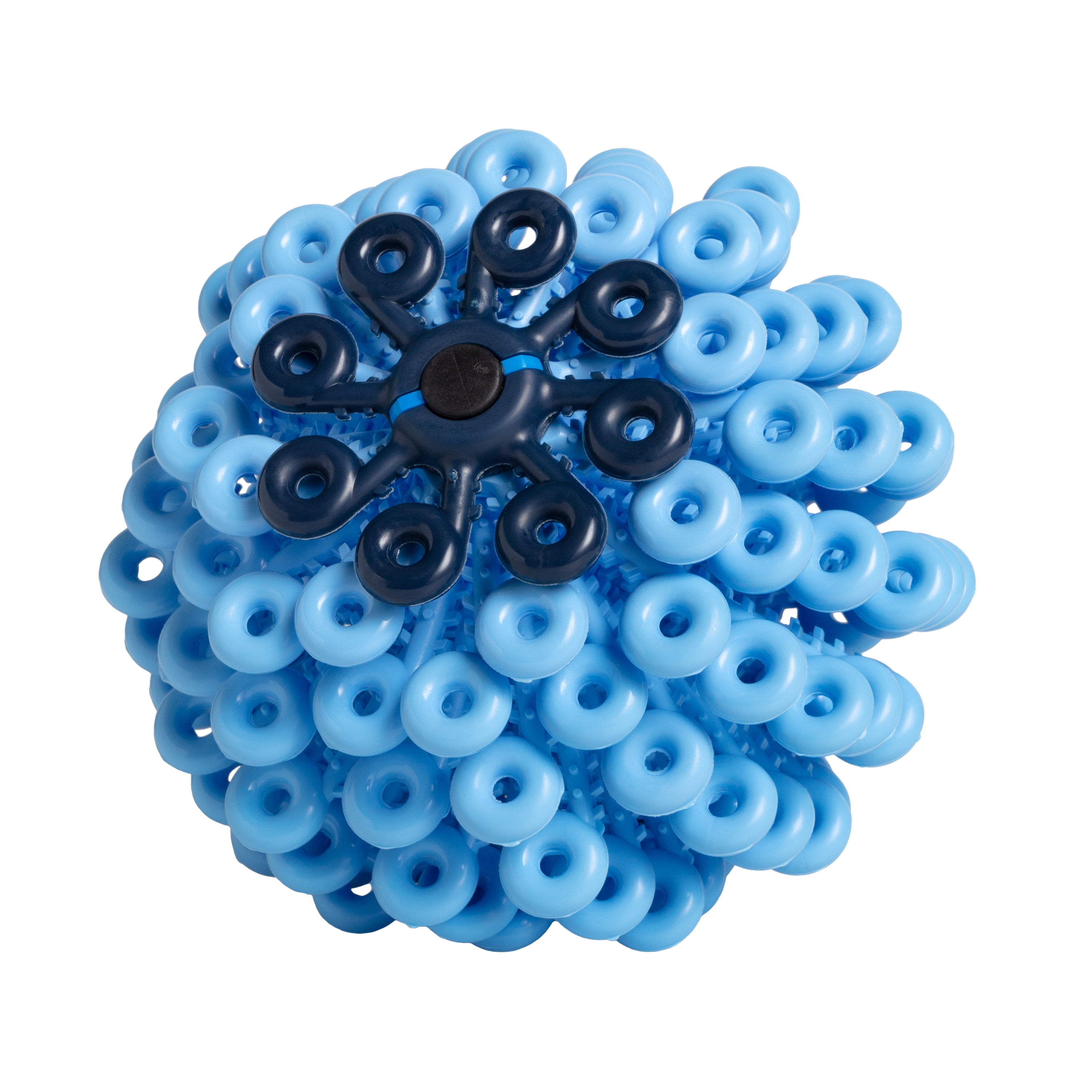
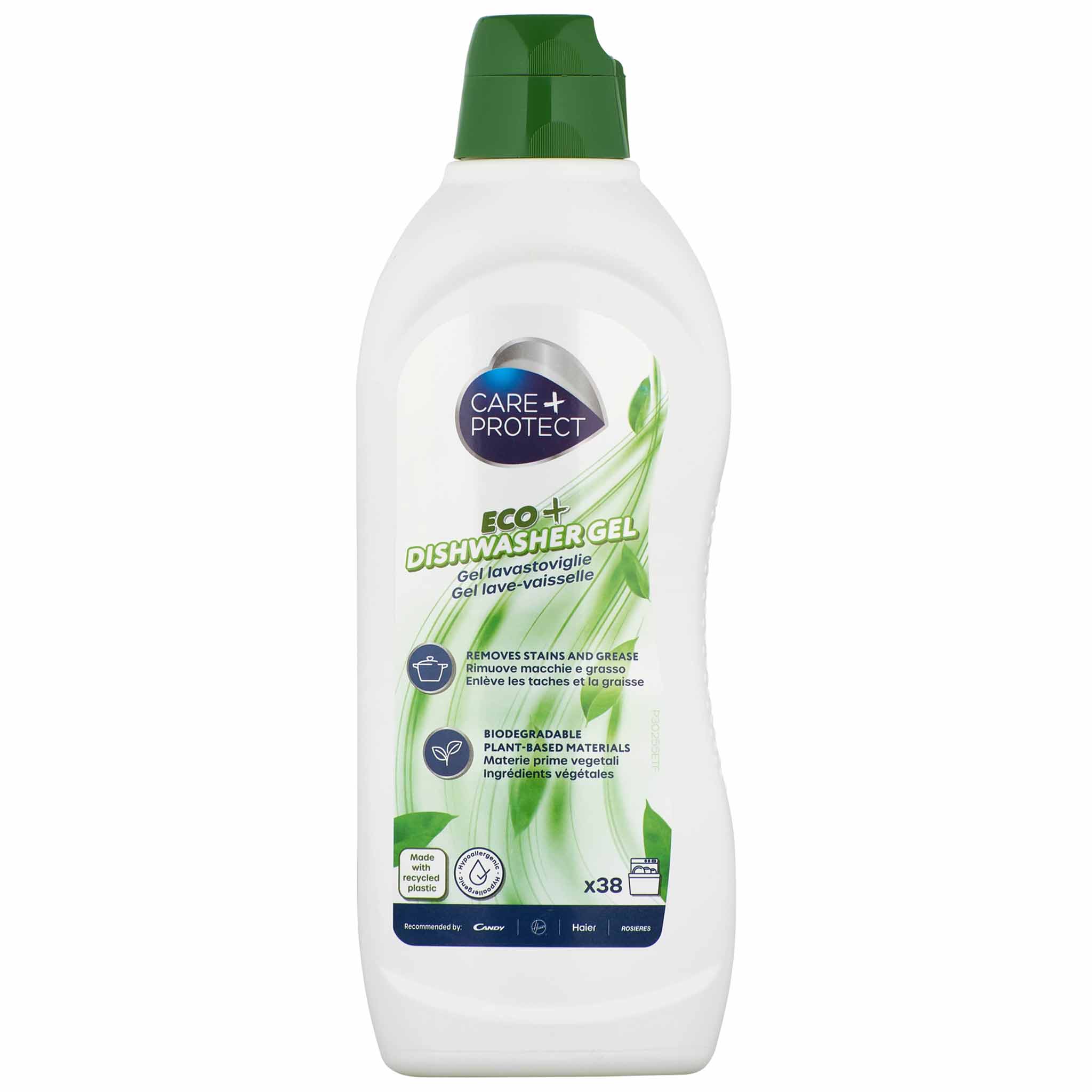
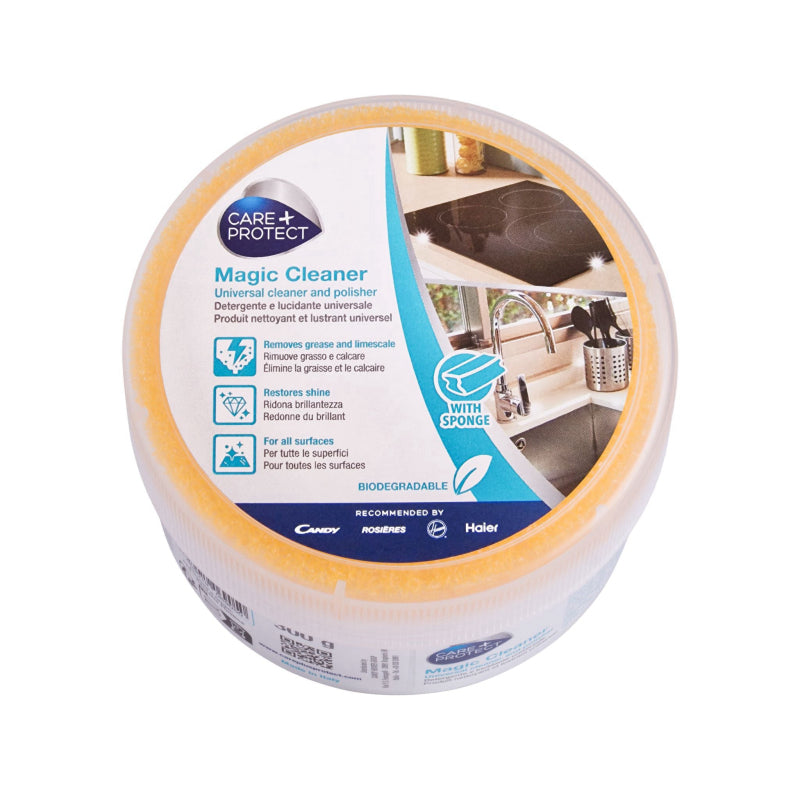
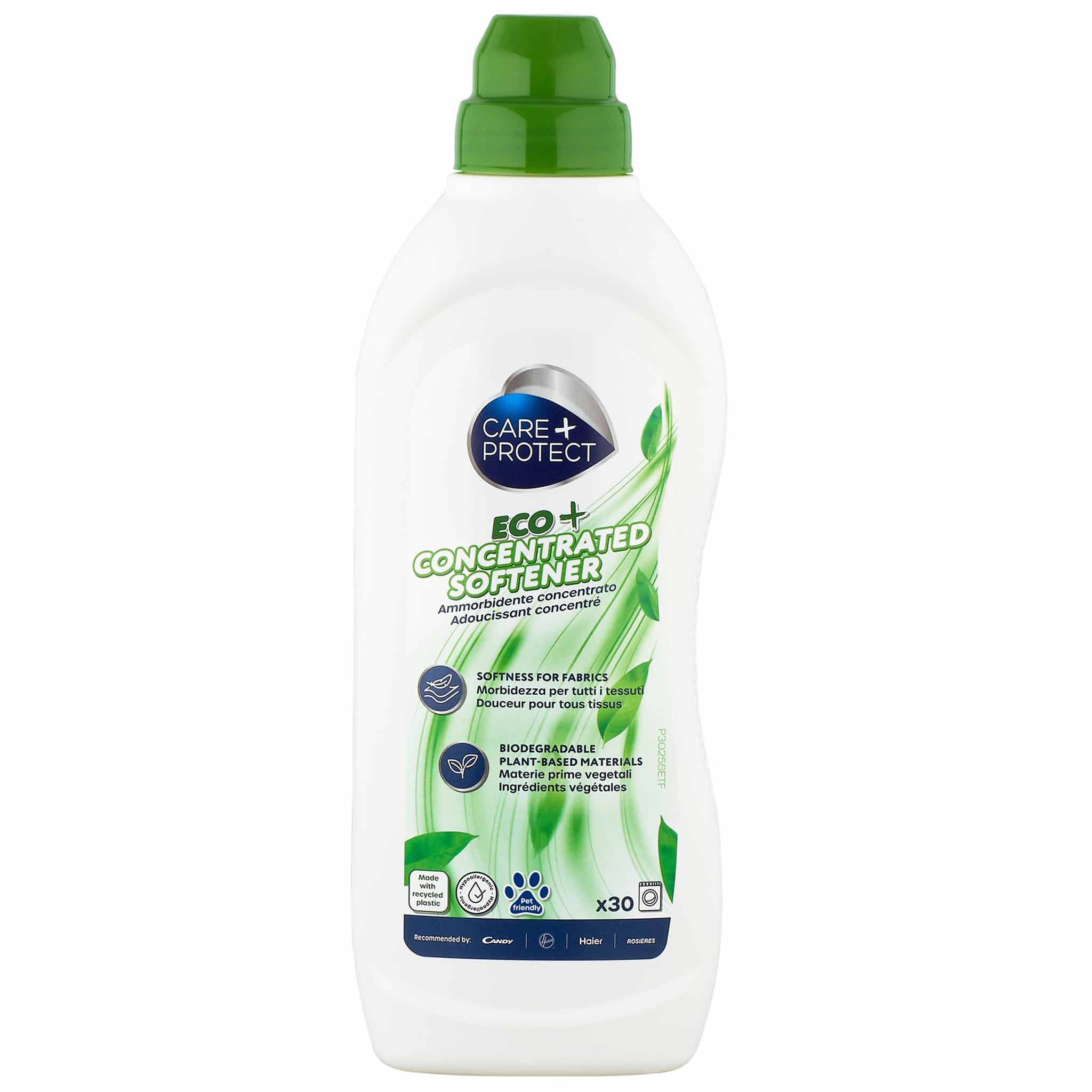
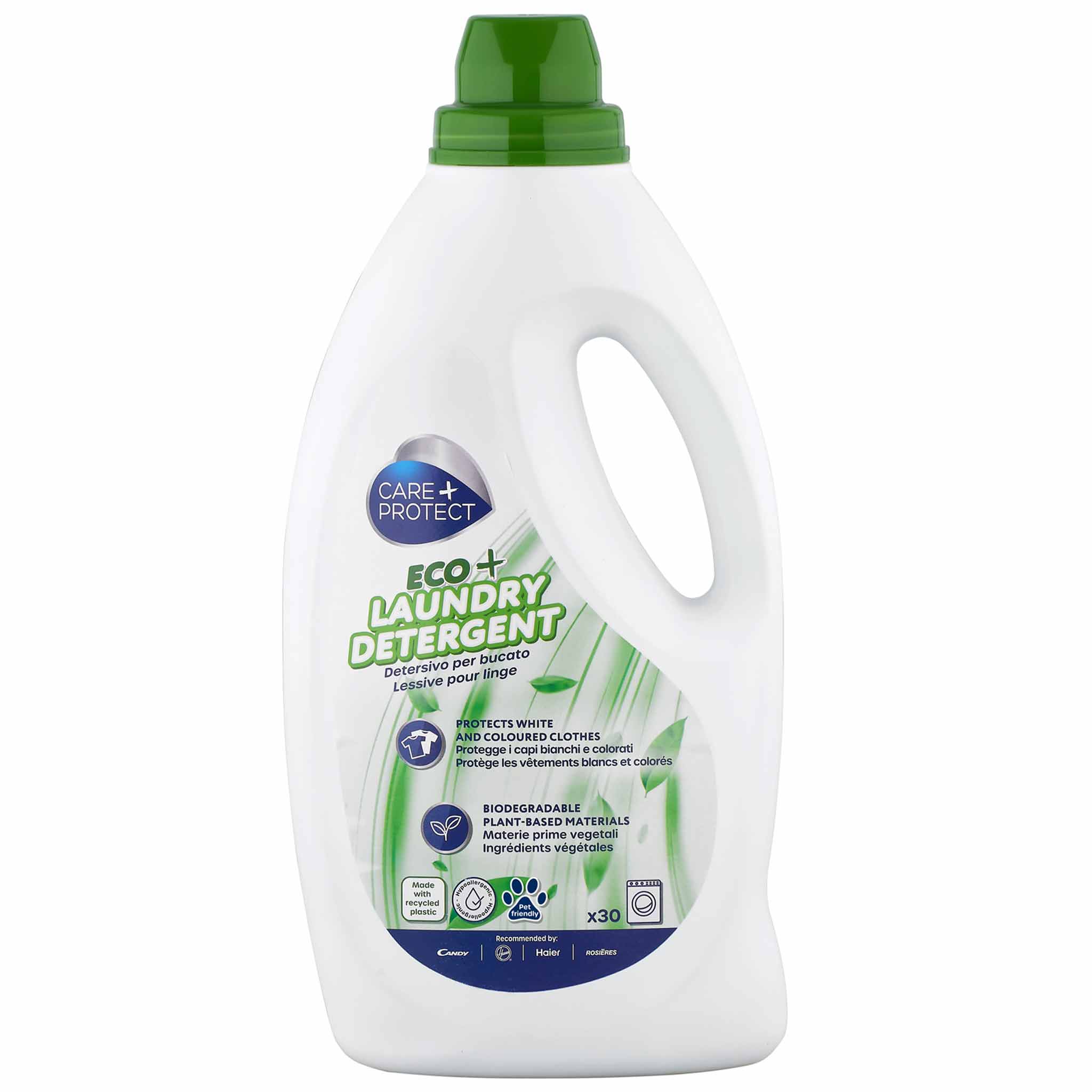

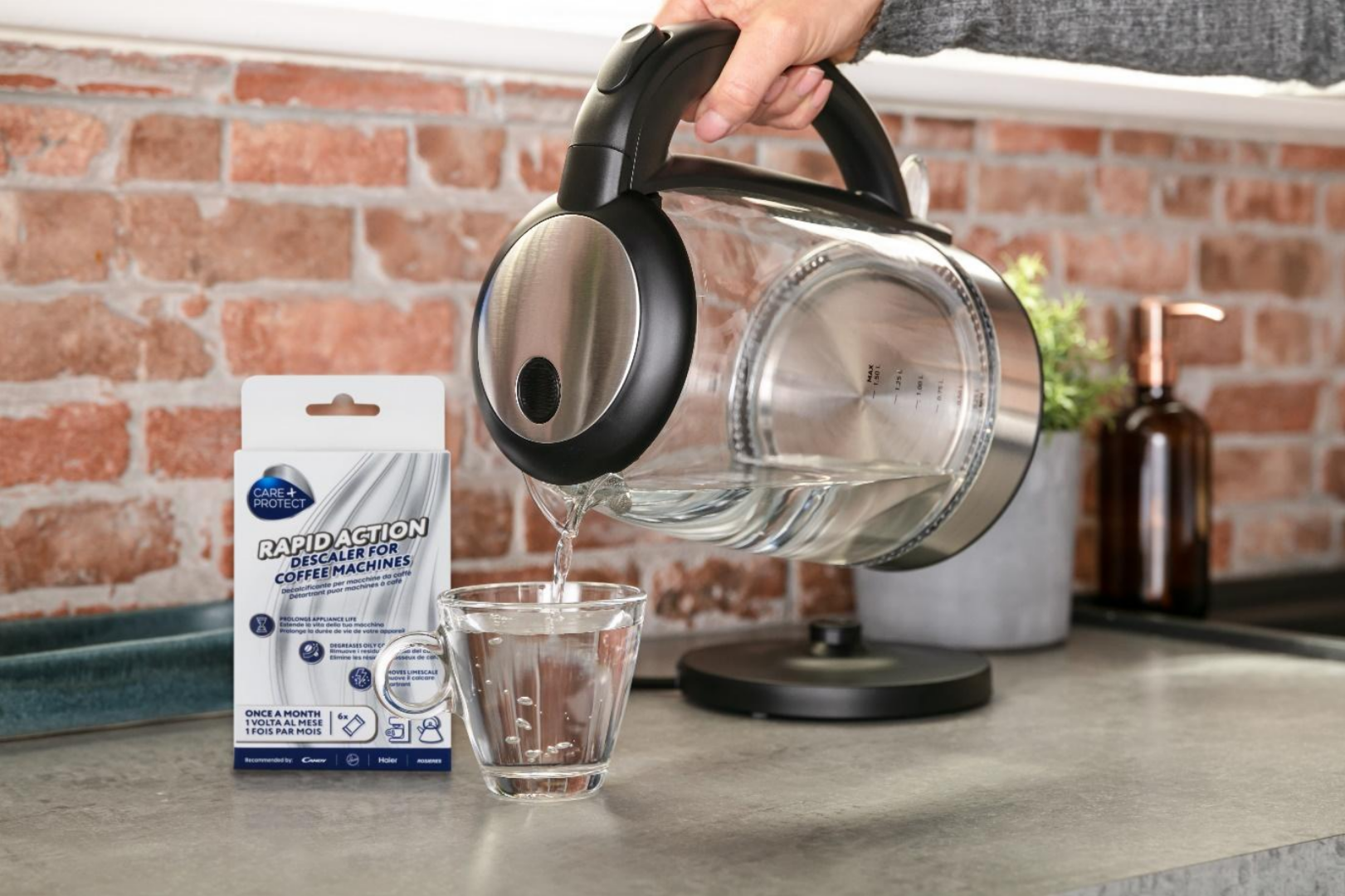

Leave a comment